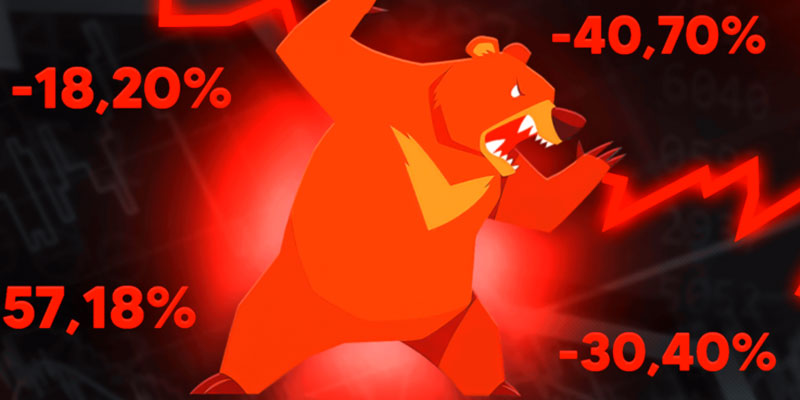When to Exercise Stock Options? Companies often give their employees stock options as a form of equity compensation. They give employees the right to buy company stock at a set price, called the "exercise price," within a certain amount of time, usually a few years. The exercise price is usually set at the stock's fair market value when the options are given. Employees can use their stock options when the stock price is higher than the exercise price. This lets them buy the stock at a lower price and sell it at a higher price, making a profit. But figuring out when to exercise stock options can be hard and depends on many things, such as the current market price of the company's stock, the date the options expire, and the employee's financial goals. For example, if an employee thinks that the company's stock price will keep going up.
Considerations to Considering Before Exercising Stock Options
Several factors should be considered when deciding to exercise stock options. These things are:
Market Price Of The Company's Stock

When deciding whether to exercise stock options, the market price of the company's stock is one of the most important things to consider. Generally, options should be used when the stock's market price exceeds the exercise price. This lets employees buy the stock at a lower price and sell it at a higher price to make money. But the stock's market price can change a lot, and it can be challenging to guess what will happen to it. Employees must monitor the market price and be ready to use their options when the price is right.
Expiration Date Of The Options
Stock options have a date when they can no longer be used, and employees must use them before that date. It is important to track when the options expire and use them before they do. It has only value if an option is used before its expiration date. Usually, the end date is a few years after the options are given. Employees should remember that they don't have to use all their options simultaneously. They can use some of their options immediately and save the rest for later.
Financial Objectives
Employees should also consider their financial goals when deciding whether or not to use their stock options. These goals can differ for each employee, depending on how much money they have and their long-term goals. If an employee needs money for a big purchase, like a house or car, they may use their options to get the money they need. In the same way, an employee who wants to pay off debts or save for retirement may choose to use their options to make money.
Tax Implications

When employees decide whether or not to use their stock options, they need to consider how this will affect their taxes. Stock options have complicated tax rules that depend on the option type, how long the stock is held, and the employee's tax bracket. Employees should talk to a tax expert to find out what their taxes will be like if they fully use their options. It is also important to keep accurate records of the exercise price, the stock's market price at the time of exercise, and the tax effects of the transaction.
Conclusion
Employees may need help deciding whether or not to use their stock options because it depends on things like the stock's market price when the options expire and the employee's financial goals. Generally, it would be best to exercise your options when the stock price is higher than the exercise price. However, there are other things to think about. Before deciding to use their stock options, employees should clearly understand their financial situation and long-term goals. You may need to talk to a financial advisor or tax expert to figure out the best way to do this. Employees should be aware of the tax consequences when using their stock options. When an option is exercised, the difference between the exercise price and the stock's market price is considered taxable income. Different types of options have different tax rules.



